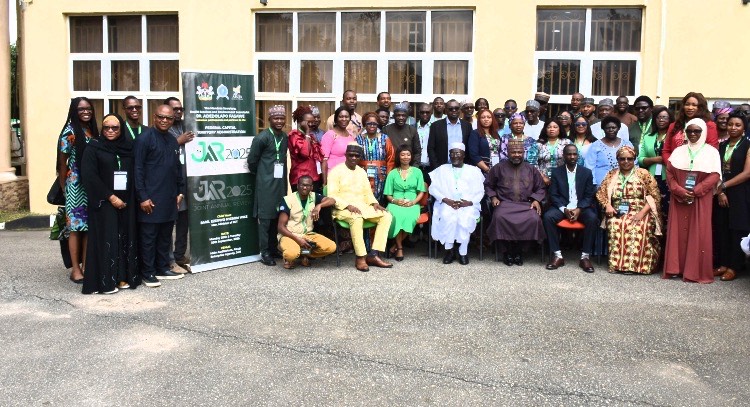FCTA pledges new reforms, higher health funding
The Federal Capital Territory Administration (FCTA) has pledged renewed commitment to improving healthcare delivery through new policies, better funding, and expanded infrastructure in line with national health priorities.
The commitment formed part of resolutions reached at the 2025 Health Sector Joint Annual Review and Performance Dialogue, which ended on Thursday in Abuja.
The two-day meeting brought together health officials, experts, and development partners to assess progress and set new targets under the National Health Sector Renewal Investment Initiative.
Major policy commitments
According to a communiqué issued at the end of the meeting, the administration resolved to implement the Primary Health Care Under One Roof (PHCUOR) policy and create dedicated budget lines for essential health programmes.
It also resolved to fast-track the passage of the FCT Health Insurance Bill as well as the Private Health Establishment Registration and Monitoring Agency Bill.
It also announced plans to establish an Infectious Disease Hospital, revitalise the FCT molecular laboratory, and advocate for a minimum of 15 per cent of the FCT budget to be allocated to health, in line with the 2001 Abuja Declaration.
The communiqué was jointly signed by the Acting Director-General of the Hospital Management Board, Ahmadu Abubakar, on behalf of the Mandate Secretary for Health Services and Environment Secretariat, Adedolapo Fasawe and the Acting Director of the Public Health Department, Dan Gadzama, representing the Permanent Secretary.
Progress in health indicators
Presenting highlights of the review, the Mandate Secretary, Ms Fasawe, said the FCT had recorded notable improvements in key health indicators.
These include improved maternal and child health outcomes, expanded immunisation coverage, reduced HIV incidence, strengthened malaria control, and higher enrolment in health insurance schemes.
ALSO READ: FCTA launches projects to curb maternal deaths, household air pollution
Ms Fasawe added that the territory had established a Health Workforce Registry and developed a five-year Human Resource Recruitment Plan (2025–2029) to address workforce gaps across health facilities.
Challenges and gaps
Despite these achievements, participants identified persisting challenges affecting the performance of the FCT health system.
These include inadequate human resources, limited funding, weak data reporting from private facilities, and delays in the passage of key health bills.
Stakeholders at the meeting called for stronger collaboration between the public and private sectors to improve accountability, health data reporting, and equitable access to quality care across communities.
The communique indicates that the renewed commitments are expected to drive reforms across all levels of care in the FCT and advance efforts toward achieving universal health coverage and a more resilient health system.

